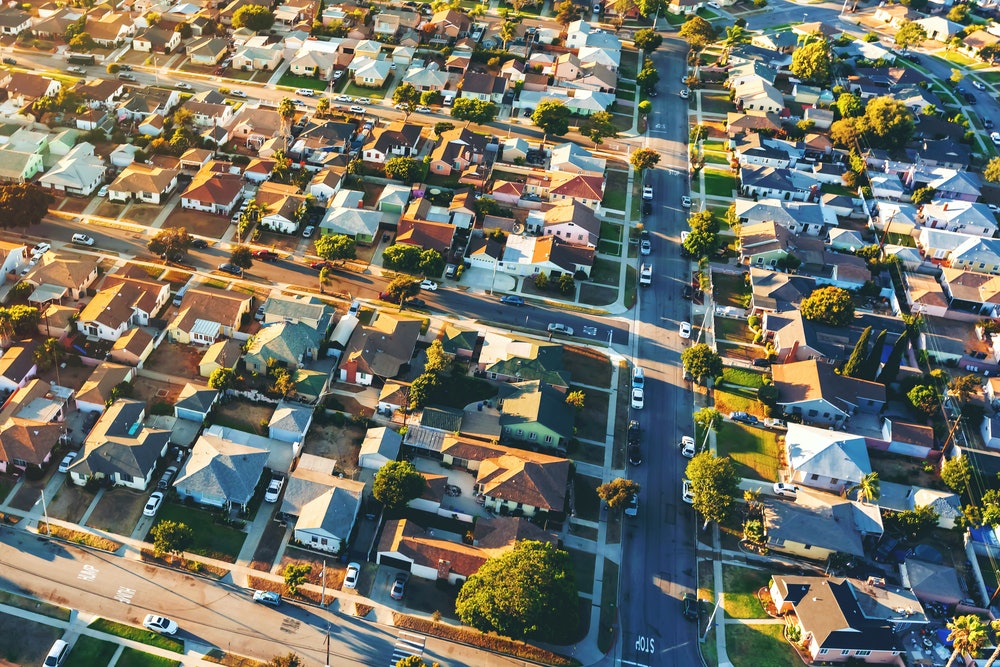As per usual the discussions over the next highway transportation funding bill are at an impasse, with no clear escape.The problem is that the main...
As per usual the discussions over the next highway transportation funding bill are at an impasse, with no clear escape.
The problem is that the main source of funding–the gas tax–generates less money every year, thanks to more fuel-efficient cars and a continuing decline in miles driven, while demands for new and improved roads, bridges, and overpasses only increases.
To make things work Congress has scaled back transportation spending from desired levels, borrowed from the general fund to finance construction, and asked the states to cover a greater share of spending. They seem to think they have few other options, and from a narrow perspective they’re right: More economic growth will not beget more tax revenue, as fuel efficiency improvements continue and commuting distances decline as a result of more families choosing to remain in cities.
Increasing the gas tax seems to be politically impossible as well: few things poll as poorly as an increase in the gas tax and no major player in either party publicly supports hiking the tax.
If we are to have a major federal role in transportation spending, the only solution to the current morass is to embrace a major change in how we fund roads by implementing a true user fee for automobiles to completely replace the gas tax.
Why now? For starters, the major legislative players in the transportation world have nothing to lose: Embracing a radical reform doesn’t come at the cost of any other legislative proposal because, frankly, the alternatives are all worse and have absolutely no chance of being enacted.
What’s more, both sides can argue that implementing something akin to a user fee is much more consistent with their party’s principles than the status quo.
For Republicans, it comes much closer to a market-oriented solution than a flat gas tax: With a Vehicle-Miles fee or some other sort of tolling mechanism, people are essentially buying something–access to a road–and the money they pay can stay with that road, reinforcing the market aspect of the transaction.
Democrats can insist that the fee for mile traveled vary by the emission rating of the car and also that it depend on the congestion of the road at any time, making it environmentally superior to the current system–the majority of car emissions today come from cars stopped in traffic. It would also increase the effective carrying capacity of our nation’s roads by moving some of the rush hour traffic to less busy times of the day, which would allow us to construct fewer new roads or lanes and still carry the same amount of traffic.
The civil libertarians will holler about the possibilities that such data could be used to catch speeders, track down cheating spouses, or in myriad other ways that would alarm the preponderance of males, so Congress would have include firm and broad restrictions on the use of data by law enforcement. Such promises may not completely mollify the most ardent libertarians, but Congress has rarely let libertarian inclinations get in its way.
The initial proposal would have to be done by a broad bipartisan contingent, including the major players from the committees of jurisdiction as well as House and Senate leadership, to withstand a major party presidential nominee running against such a radical change and killing its future, a la Barack Obama and the scaling back of the health deduction for health insurance. That way, any presidential candidate who decides to make hay in opposing it would be going rowing against the major players in his party.
The time is right from a technological perspective as well: It’s not clear that we could have done something like this five years ago. It’s also the right time from a political perspective: rebuilding infrastructure is something that people want to see done, and the previous way of financing it was supremely unpopular. A VMT or some other user fee may not be everyone’s cup of tea but it’s not like it’s replacing something that the populace had grown to accept–just the opposite, in fact.
And it’s the right time from an economic perspective: changes in how much we drive and how much gas we buy has made the gas tax woefully insufficient at funding roads. And using general fund revenues to make up the difference makes for terrible policy, people of all political stripes agree.
There’s a better way to fund roads than the current method: with a little foresight and comity the politicos who govern transportation funding can broach a more sensible way to do so and help the public accept and even embrace such a move. If there were ever a better time for a bipartisan solution to an endemic problem I’d like to hear about it.


























